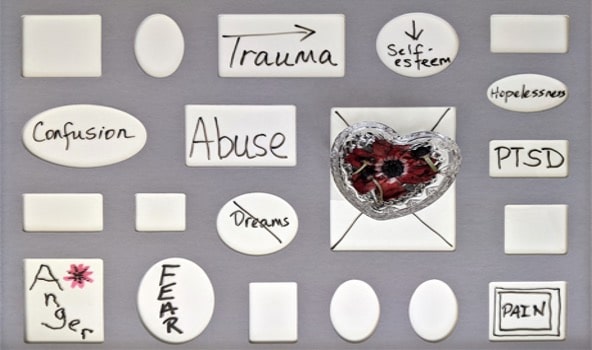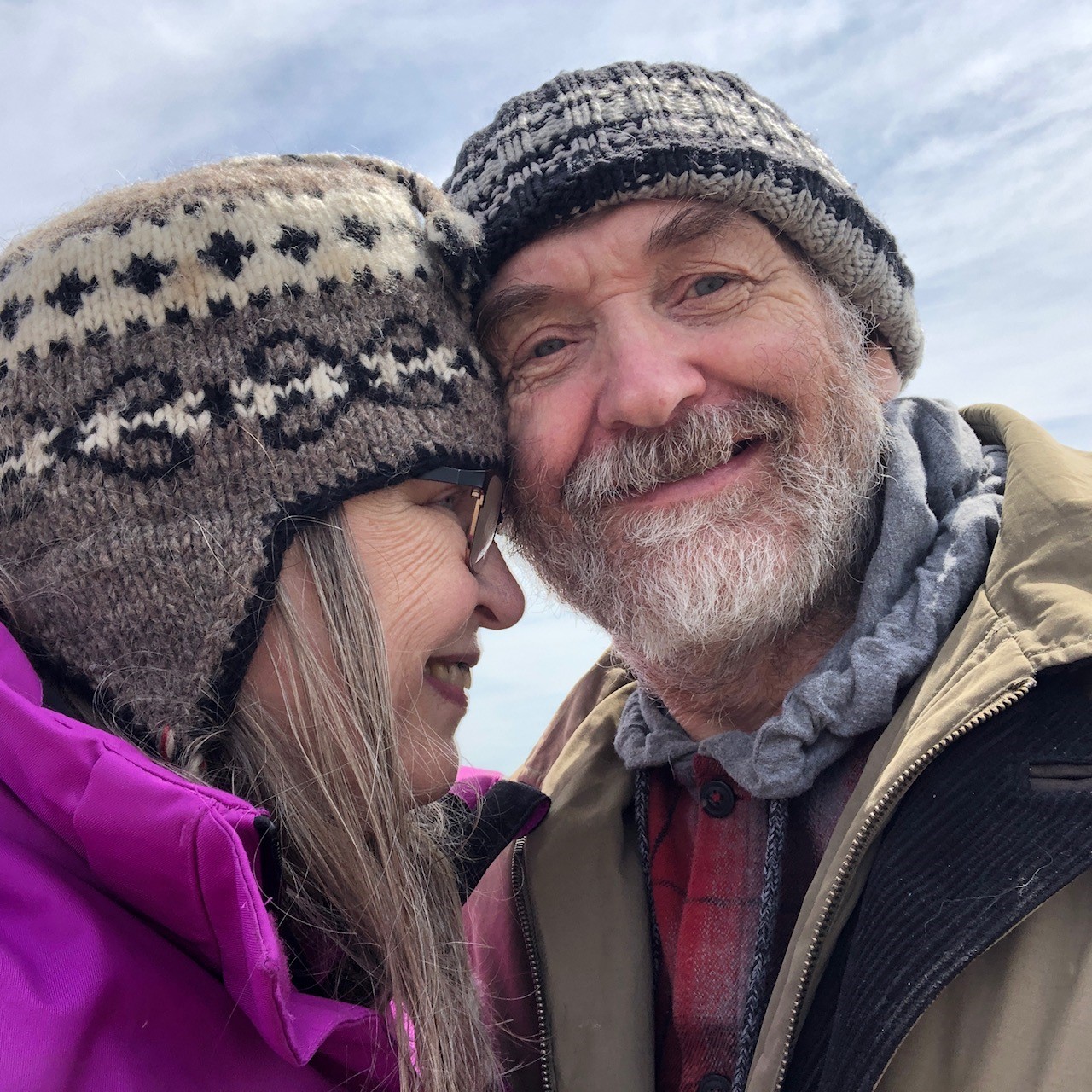The Trauma of Disease Diagnosis
The Trauma of Disease Diagnosis
Written by Aoife Rafter – Inspired by the work of Gabor Mate –
The term ‘trauma’ is being thrown around so commonly these days, but what exactly is it and how does it affect us?
What is Trauma
Many of us experience some form of trauma in our lifetime due to a traumatic event that occurs. Traumatic events will be different for all of us and it’s easier to understand them when we categorise them into 2 groups; Trauma with a Big ‘T’, and Trauma with a small ‘T’.
Big T= Life changing health issues or diagnosis, a global pandemic and/or prolonged isolation due to the pandemic, loss of a loved one, catastrophic events, forms of abuse or assault, war, natural disasters, etc.
Small t= Conflict with family, a sudden change like moving location, infidelity or divorce, a broken family, financial or legal worries, and so on.
Trauma and Disease Diagnosis
An important distinction to make between trauma and a traumatic event is that trauma is the wound that happens inside you due to the traumatic event. The analogy of a wound is often used to help explain trauma because trauma comes from the Greek word for wound. So the trauma is not the event itself, it’s what occurs inside of you because of that event. So in our case, the diagnosis of Cystic Fibrosis is not the trauma, it’s the traumatic event.
When wounds are open and unhealed, they’re sensitive to more pain or sometimes even to a soft touch. This can cause us to react in a hyper-sensitive or defensive way. This could be through anger, guilt, shame, sadness, anxiety, or even depression. Can you remember the day or period that you or your loved one was diagnosed with Cystic Fibrosis? Perhaps you felt some of the above feelings for an extended time? I know my Mum and I both certainly did.
These are the initial feelings experienced when the trauma is a new one. If unhealed, they can develop further into addiction issues, extended illness or symptoms, anxiety, depression, and much more.
Over time, these trauma wounds develop scar tissue, and as some of you may know, scar tissue has numb nerve endings. Scar tissue is rigid, doesn’t feel, and is incapable of further growth, -and that’s exactly what can happen to us over time if our trauma is not addressed.
Your brain may try to protect you by forgetting the traumatic incident, but your nervous system and bodily cells remember it. When the wound of trauma isn’t healed, it can show itself in different ways such as;
- Chest tightness
- Digestive issues
- High blood pressure
- Muscle cramps
- Insomnia
- Brain fog
- Confusion
- Physical pain or tension
- Defensive behaviours
- Anger
- Sadness
- Chronic fatigue
- Depression
- Anxiety
How to Overcome Trauma
Like many things in life, we cannot overcome trauma until we are aware of it, accept it, and address it.
Below is a list of some of the things that helped me to overcome my trauma induced by Cystic Fibrosis, infidelity, relocating countries to access medication, infertility, the isolation during the pandemic, family conflict, a Cervical Cancer diagnosis and treatment, and more;
- Talking to a Professional
Talk therapy has been a huge part of my personal growth journey. It’s the first treatment I turned to before I ever learned about different holistic therapies and how they could help me.
Luckily here in Ireland, I have a Psychologist as part of my CF team, and we have a great relationship from all the times I’ve needed her over the years.
Talk therapy has worked really well for me, but I’m aware that it’s not for everyone so keep reading for some other options that might suit you better.
- Active Breathwork
Discovering the power of Active Breathwork has profoundly changed my life. So much so, that I am now a trained Breathwork Coach. This means that I now get to help others overcome and release the trauma and emotions that are stuck in their bodies, helping them to reach the healthiest version of themselves.
Active Breathwork is much different from breathing exercises that we sometimes use to calm our nervous system down in times of stress or anxiety. Active Breathwork sessions usually take 40-60 minutes and require a lot more energy than passive breathing. The rhythmic breathing begins slowly along with some slower music played by the Breathwork Coach. As the tempo of the music increases so does the breathing pattern until a point of release. This is where the magic happens. Trauma, emotion, tension, anxiety, and stress can all be released at this point. The Breathwork Coach guides you along the journey to ensure you are safe and can help you if you are struggling with the breathing pattern.
Now I know, this can sound a little ‘woo-woo’ at first, and probably a little unbelievable too. But in my experience, when you’re crippled with chronic fatigue, pain, anxiety, depression, or stress, you’re willing to try about anything. This is often the time people turn to alternative therapies and discover this whole new world of medicine and healing. Alternative therapies have stood the test of time, so don’t shoot em’ down straight away if you can help it.
- Energetic Healing
Okay, I know this one also isn’t for everyone, but some people, including myself, find it life-altering and extremely successful in helping to process and release old trauma or trapped emotions.
Reiki was the first type of alternative therapy I tried out as a relative of mine is a Reiki Master and offered her services to me in my time of need during my Cancer recovery. My body was full of stiff, tight, rigid anxiety that was beginning to rule my life. I was a shell of the person I once was and honestly didn’t know where to start in piecing my life back together after Cervical Cancer.
My aunt lay me up on a therapy bed in her gorgeous healing room. She worked her way around my body, working on my different energy chakras to help unblock the stagnant energy. When she came to my sacral chakra which is around the womb/pelvic area, tears began to flow down my face uncontrollably.
Days later, I saw a slow shift in my energy and behaviours. It doesn’t sound like much, but even getting out of bed and doing my treatments was a huge improvement at this point. So I kept going back for more until I discovered other, more intense ways to process my emotions or trauma such as Active Breathwork.
- EMDR Therapy
EMDR therapy -(Eye Movement Desensitization and Reprocessing), involves 8 phases of treatment. Eye movements are used during one part of the session. After the therapist determines which memory to target first, they will ask the client to hold different aspects of that event or thought in mind and to use their eyes to track the therapist’s hand as it moves back and forth in front of them. As this happens, internal associations arise and the clients begin to process the memory and disturbing feelings.
Although I have not personally tried EMDR therapy, my dear friend Rosalind Sweetman is a Psychotherapist, and highly recommends it. EMDR is often used to aid people in their trauma healing.
Several studies have shown that EMDR therapy can in fact heal the mind from psychological trauma just as the body recovers from physical trauma. Other studies have shown that 84%-90% of single-trauma victims no longer have post-traumatic stress disorder after only three 90-minute sessions of EMDR. Another study illustrated that 77% of combat veterans were free of PTSD in 12 sessions of EMDR.
EMDR therapy is now recognized as an effective form of treatment for trauma by the World Health Organisation.
- Hypnotherapy
Hypnotherapy is a gentle and effective tool that can be used to heal trauma. It is often used alongside Cognitive Behavioral Therapy (CBT), Dialectical Behavior Therapy (DBT), or other forms of counseling.
The hypnotherapist uses guided relaxation, focused attention, and intense concentration to achieve a heightened state of awareness, also known as a trance. The therapist then uses this trance to guide the client in focusing on specific thoughts or tasks related to the aim of the session. This could include exploring healthy ways they could cope with unpleasant emotions associated with their trauma.
Trauma can control every inch of our being if we’re not aware of it. Its turmoil filters through to all aspects of our lives from our relationship with ourselves and others to our life goals and beliefs about ourselves.
But similarly, when we begin to address and work on our traumas, the benefits too filter through these aspects of our lives.
Do your future self a favour and take the first step to a healthier life. Start working on overcoming your trauma with a professional today. I can promise you that it will be challenging, but I can also promise you that you won’t regret it.
***
– Aoife P R
To keep up to date with my wellness journey, Breathwork programmes, and upcoming podcast, follow me on;




